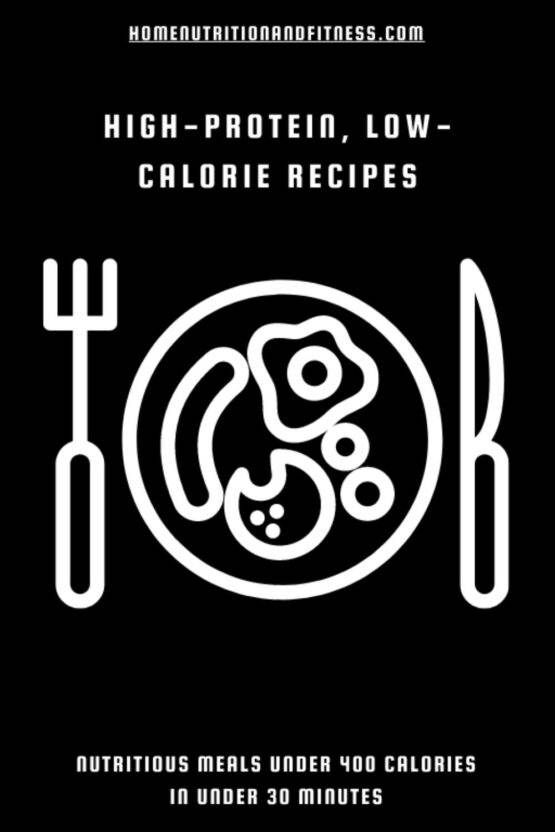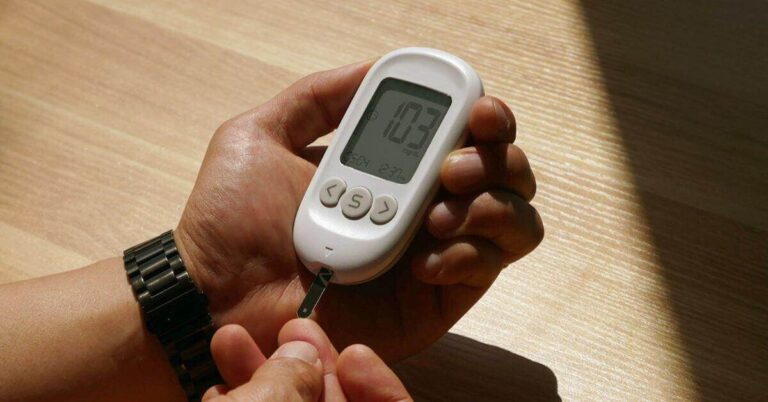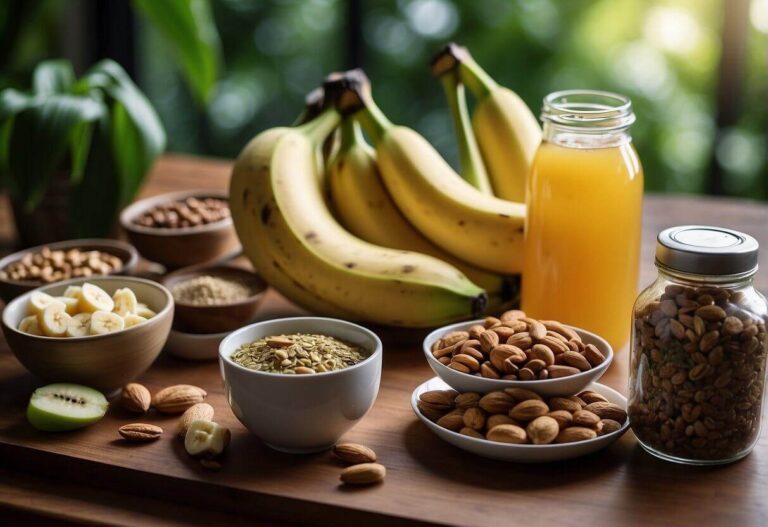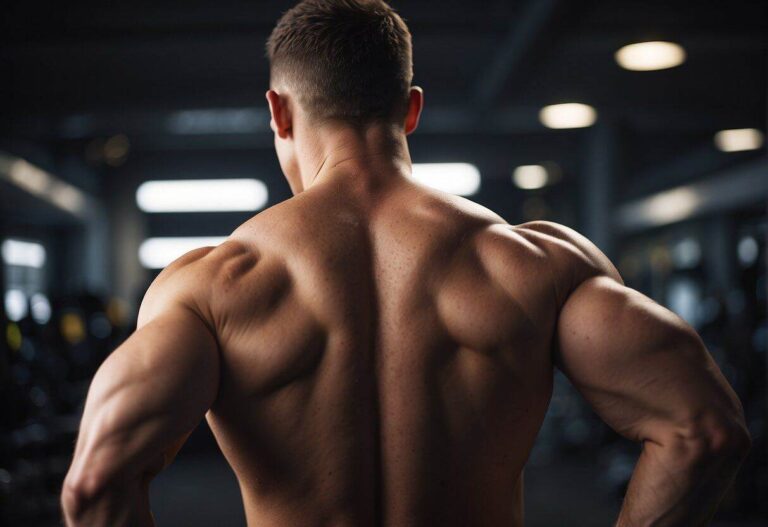Have you ever wondered whether the supplements you take to enhance your performance could be affecting your body in ways you didn’t expect?
Some people might even chug down a pre-workout drink without a care in the world. But, what if your gym (and) tonic could be the cause of gynecomastia, or man boobs?
Most regular gym bunnies try different supplements to maximise their gains, and creatine is top of the list for most. It’s well known for its benefits in improving strength and muscle mass, but there’s a lot of chatter in forums over a possible side effect: gynecomastia, better known as ‘man boobs’.
This condition involves the enlargement of breast tissue in men and is usually linked to hormonal imbalances.

Whether of not creatine causes gynecomastia is a big debate among the gym going internet fraternity. But to make things a bit clearer, let’s take a closer look at what the research says.
Creatine itself is a naturally occurring substance and its use is common among men (and women) aiming to increase power output and muscle growth.
Hormones such as testosterone and estrogen play pivotal roles in the body and can become imbalanced due to a variety of factors—including puberty, obesity, and aging—potentially leading to symptoms like gynecomastia. But, does creatine supplementation contribute to these hormonal changes?
By examining scientific evidence and understanding the mechanics of how creatine affects hormones, I’ll give you a definitive answer on the possible links between creatine and gyno!
Key Takeaways
- Creatine is widely used for muscle growth but there have been concerns about it causing gynecomastia.
- Hormonal imbalances, not creatine, are typically responsible for the development of gynecomastia in men.
- Research has yet to establish a direct link between creatine supplementation and gynecomastia.
Understanding Gynecomastia
Have you ever wondered why some men seem to have a more pronounced chest, similar to women’s breasts? Well, this condition is known as gynecomastia. It refers to the enlargement of breast tissue in men, and it’s more common than you might think.
Definition and Description of Gynecomastia
Medically speaking, gynecomastia is due to an imbalance between testosterone and estrogen levels.
When estrogen levels increase or testosterone levels decrease, it can lead to the growth of male breast tissue. Symptoms commonly include a lump of fatty tissue under the nipple which may feel tender.
Causes of Gynecomastia
Various factors can contribute to this imbalance.
It could stem from natural hormonal changes during puberty or older age, use of certain medications, or even from the use of anabolic steroids. Lifestyle factors like obesity can also play a role, as excess fat can lead to greater estrogen production.
But, could there be a link with something like creatine, a popular supplement among men?
Impact on Health and Well-being
This breast enlargement isn’t just a cosmetic issue; it can also have real health implications. It can sometimes signal underlying medical conditions such as liver disease.
Apart from physical discomfort, gynecomastia can also have quite a profound psychological impact, leading to feelings of embarrassment and affecting social life.
We might chuckle at terms like ‘man boobs’, but for those experiencing it, gynecomastia is no laughing matter. So, next time you see a guy who’s self-conscious about taking his top off at the pool, remember that there could be a lot more going on beneath the surface.
Creatine: An Overview
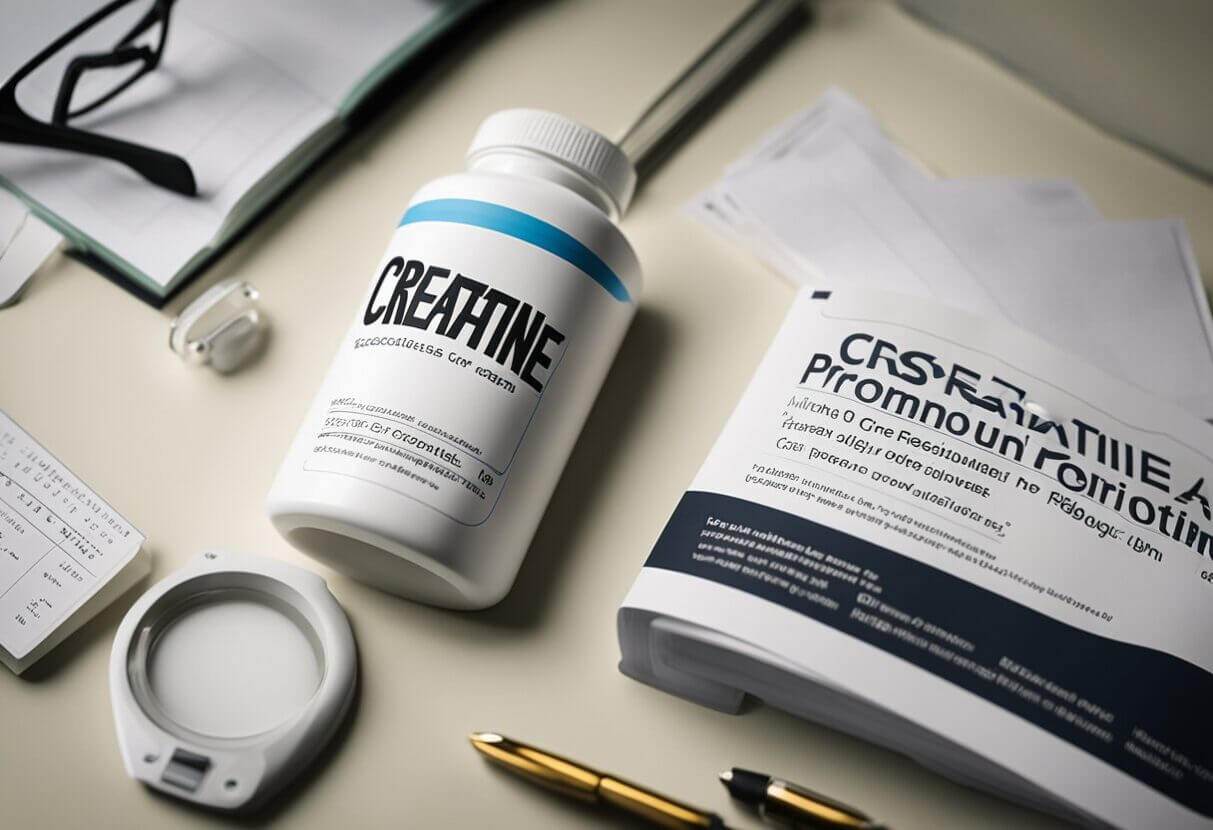
Have you ever wondered what fuels your muscles during a high-intensity workout? It’s a molecule called creatine, and it’s central to our body’s energy production, particularly in our muscles. But what exactly is creatine, and how does it function within our bodies?
Chemical Composition
At its core, creatine is an amino acid derivative found naturally in the body, mainly within our muscle cells. Its primary role is to help produce energy rapidly, especially during intense physical activity.
Muscle Function and Energy Production
In terms of its biological role, creatine is pivotal in the synthesis of phosphocreatine. This compound acts as a reserve of high-energy phosphates in our skeletal muscle tissues, ready to regenerate ATP – the energy currency of the cell. So when our muscles work hard, phosphocreatine helps us maintain endurance and muscle performance by replenishing ATP levels.
Dietary Sources and Supplementation Benefits
We can also obtain creatine through our diet, primarily from fish and meats, which makes it a non-essential nutrient because our body can produce it naturally. However, many individuals, particularly bodybuilders and athletes, turn to supplements to enhance their muscle mass, muscle recovery, and overall sports performance.
Does Creatine Pose a Risk of Hormonal Imbalance?
Concerning gynecomastia – a condition related to hormonal imbalances in men leading to breast tissue development – some might worry that creatine could contribute to it. However, substantial scientific studies show no direct link between standard creatine dosage administration and hormonal imbalance that would contribute to such a condition.
Health Benefits Beyond Muscle
But the conversation about creatine isn’t limited to muscle growth and energy. Research indicates potential cognitive benefits and a reduced risk for certain neurological conditions.
Unpacking the Myths
Despite common misconceptions, creatine is safe to use. Of course, it’s important to follow recommended dosages to avoid potential side effects.
So, there you have it! Creatine is more than a muscle-building aid; it’s a naturally occurring energy booster with a solid foundation in science.
But, despite the benefits, can it lead to hormonal imbalances such as gynecomastia?
Creatine and Hormonal Imbalances
So let’s look at the main reason you’re here – does creatine affect your hormones to the point where you grow man boobs?
Biological Mechanism:
Creatine’s role in the body is rather straightforward; it helps to regenerate a molecule called ATP, which serves as a quick energy source for cells, particularly during high-intensity activities. This function is well-established and key for muscle endurance and strength.
Bodily Effects:
As for the hormonal effects, things get a bit more complex. The nitty-gritty lies in understanding that hormones act like messengers in our bodies, orchestrating a multitude of biological processes.
- Testosterone Levels: Some believe that creatine might influence testosterone, a hormone imperative for muscle growth.
- Estrogen Levels: On the other end, estrogen levels are scrutinised too, as they’re pivotal in maintaining a hormonal balance.
But, do these concerns about creatine causing gynecomastia have any foundation? Gynecomastia, or the enlargement of breast tissue in men, is definitely something I wouldn’t want to experience.
The whole point of working out for me was to lose my man boobs!
Creatine and Gynecomastia: Analysing the Evidence
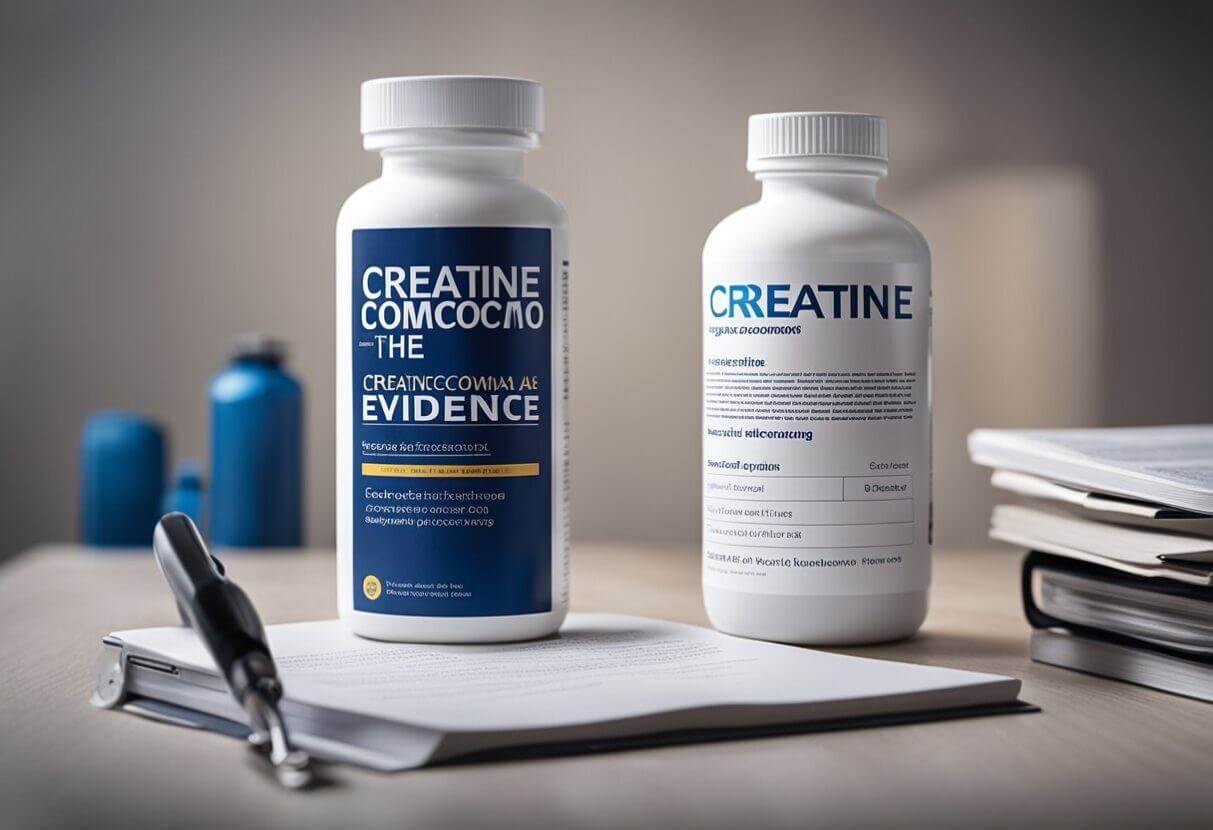
Looking at the research, there isn’t any direct cause-and-effect relationship between creatine and gynecomastia.
Just because there’s some anecdotal evidence that the two factors appear linked doesn’t necessarily mean one causes the other. You realistically need to consider the possibility that other variables are contributing to hormonal imbalances.
According to Medline Plus, an official website of the US Government, creatine does not affect hormones. Creatine works separately from any hormones and does not affect them whatsoever.
Review of Scientific Studies
I’ve searched for ANY concrete evidence that creatine causes hormone imbalance and I can say conclusively that there is no direct connection between the two.
For example, this study found that creatine use had no effect on levels of growth hormone, testosterone, and cortisol after a single round of hard resistance exercise.
Expert Opinions
What do the pros say? Sports physicians and endocrinologists suggest that while dietary supplements can influence hormone levels, creatine’s primary role is to enhance energy production in muscles. It’s generally considered safe by experts in sports medicine when used as directed.
Case Studies and Anecdotal Evidence
We all know a story from a mate or a post online claiming a supplement caused unwanted effects. However, these personal accounts are often not backed by science. While some gym-goers report concerns about creatine gyno, without solid data, these remain anecdotal.
Concluding Thoughts

First and foremost, the concerns linking creatine to gynecomastia largely stem from misinformation circulating in internet forums!
We’ve established that hormonal imbalances can lead to gynecomastia, with an elevated estrogen level or reduced testosterone playing a role.
The link between creatine and these hormonal changes? Unfounded by scientific evidence.
Now, for those of us who include creatine in our diets for that extra boost in our workouts, this comes as a sigh of relief.
In the meantime, for those experiencing any concerning symptoms that relate to gynecomastia, you should consult a healthcare professional. From medications to surgery, there are established treatment options for gynecomastia.

